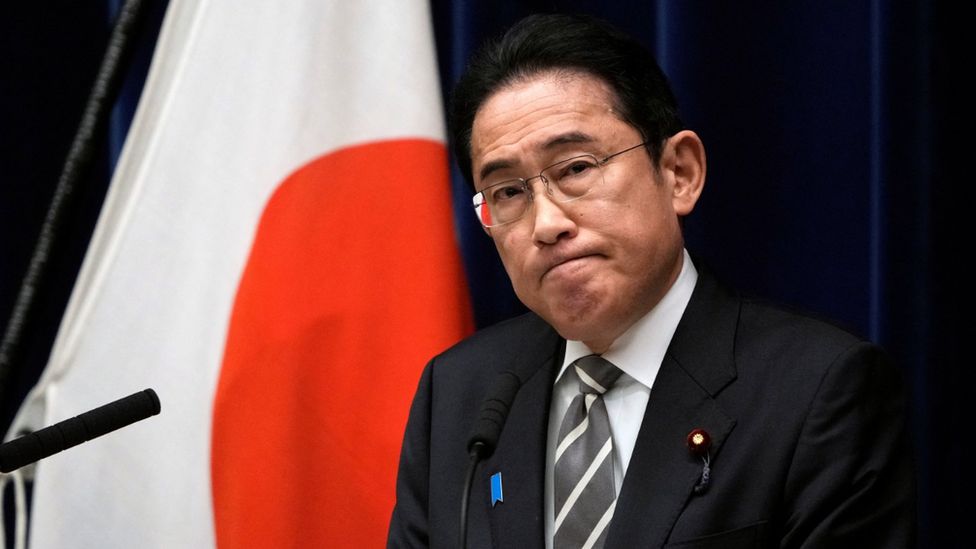-

-
-
Loading

Loading

Japan is currently going through a significant political crisis described by analysts as a "once in a generation" event. The government is grappling with a corruption scandal and is facing public anger and outrage on social media. Prime Minister Fumio Kishida's approval ratings have plummeted to 17%, the lowest in over a decade. The ruling party, the Liberal Democratic Party (LDP), has been in power almost continuously since 1955 but has been plagued by similar scandals, leading to widespread disillusionment among voters. Recent media reports have accused LDP politicians, particularly those from the influential Abe faction, of pocketing excess funds from fundraisers. Prosecutors have launched investigations into the Abe group and other prominent LDP groups, suspecting them of underreporting ticket funds. It is common in Japan for politicians to host ticketed events to raise funds, but many LDP MPs are accused of keeping the surplus sales off the books for personal gain. The corruption allegations have prompted the resignation of four cabinet ministers, including Hirokazu Matsuno, who was seen as Prime Minister Kishida's right-hand man. While Kishida himself has not been implicated in any wrongdoing, his plummeting popularity reflects the public's lack of confidence in him. However, Kishida has vowed to clean up politics and implement legal reforms. Although this crisis could be seen as a tipping point for governance reforms, experts doubt that it will end the LDP's dominance or drastically reshape Japanese politics. The absence of a viable alternative political party and voter apathy have contributed to the continued support for the LDP, despite repeated corruption scandals. While some regulatory crackdowns and stricter reporting measures are expected, the overall impact on the LDP's structure and policies may be limited. In conclusion, Japan's current political crisis exposes deep-rooted corruption within the ruling party. While it has generated public outrage, the lack of meaningful alternatives and the acceptance of the status quo among influential individuals could hinder significant change.